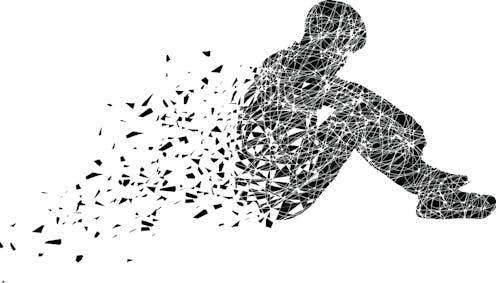
Professional bathroom builders in Sydney operate within a regulated construction environment that prioritises safety, compliance, and structural durab...

First impressions matter in retail, and cleanliness plays a powerful role in shaping how customers perceive a store. Retail cleaning focuses on mai...

The final year of school is one of the most demanding periods in a student’s academic journey, which is why year 12 tutoring has become an essent...

When a contract is broken, the consequences can affect cash flow, reputation and ongoing business relationships. A breach of contract may occur when...

Yarra Ranges National Park, Victoria. Image by Mattinbgn (talk · contribs), CC BY 3.0, via Wikimedia CommonsVictoria’s Yarra Ranges offer keen trav...

Managing waste responsibly has become a critical priority for organisations of all sizes, which is why waste management solutions play such an impo...

Ride-on mowers are built to manage larger lawns with consistency and control. The quality and design of ride on mower tyres play a critical role in ...

Life in our vibrant communities, whether it's the bustling city or the quiet country town, is full of unexpected moments. From a scraped knee on the...

In modern manufacturing, conveyor systems play a central role in keeping production lines efficient, consistent, and cost-effective. When they operate...

The rental market can be unpredictable and may present challenges if you’re not prepared. Initially, you might submit numerous applications and stil...

Many people think investing in property is just about buying a house and waiting for it to get expensive. While that can happen, the people who actual...

Anxiety and stress have become common experiences in today’s fast-paced world, affecting people across all ages and lifestyles. From work pressures ...

If you want to grow a fashion brand without constantly reinventing the wheel, wholesale can be one of the smartest ways to scale. The key is knowing h...

Selling a home is not just about putting up a sign and waiting for offers. It is about presenting a property that buyers instantly connect with and ar...

You don’t need to be an expert to conclude that play is an essential part of growing up. When children aren’t restricted and kept indoors, they de...

Building passive income is one of the most effective ways to create long-term financial security. While there are many investment opportunities availa...

Finding a puddle or a broken washer is frustrating, but you don’t always need a professional. Many common issues are caused by tiny parts that are c...

Your warehouse partner is an important part of your business. They sit in the middle of your promises to customers. Yet, when they deliver what’s pr...
 People with depression experience symptoms that affect their mood, cognitive function and physical health.
from www.shutterstock.com, CC BY-ND
People with depression experience symptoms that affect their mood, cognitive function and physical health.
from www.shutterstock.com, CC BY-ND

















